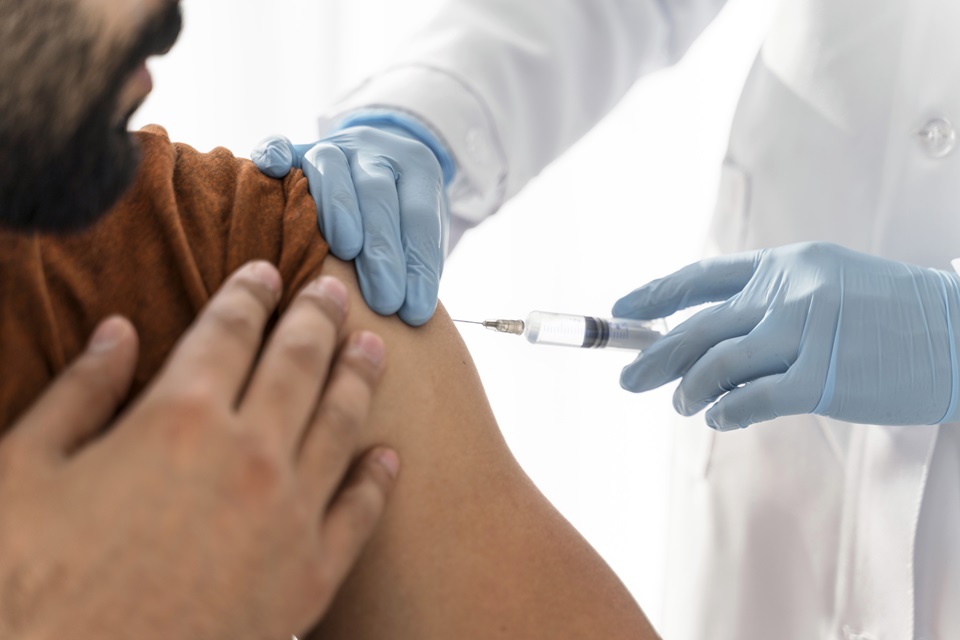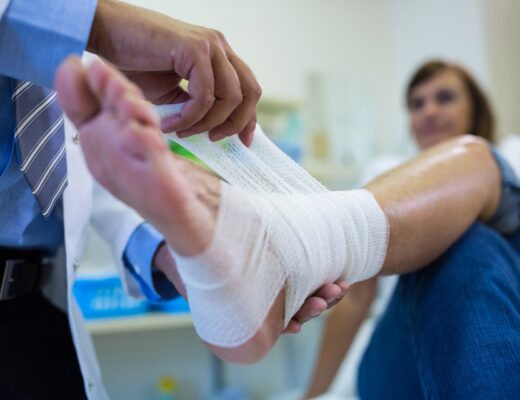For those unfamiliar with trypanophobia, it is an extreme and irrational fear of medical procedures involving the use of needles. While trypanophobia is more common among children, many adults also struggle with it. Studies show trypanophobia impacts the lives of roughly 20% to 50% of children and 20% to 30% of adults. It is also more common among women than men. This irrational fear of needles can have significant health consequences as it can sometimes prevent people from receiving the preventative or reactive medical care that they need.
A Closer Look At Who Is Most Likely To Suffer From Trypanophobia
Although trypanophobia is more likely to affect women and children, the following can make almost anyone susceptible:
- A prior negative or traumatic experience with needles
- A family history of trypanophobia
- Being previously diagnosed with hypochondria or mysophobia
- Having previously been diagnosed with another anxiety disorder, such as obsessive-compulsive disorder (OCD) or generalized anxiety disorder (GAD)
- Hypersensitivity to pain
- Merinthophobia or fear of being restrained
How Trypanophobia Can Lead To The Development Or Worsening Of Chronic Diseases
When someone has trypanophobia, they experience a wide range of symptoms whenever they see or think about needles. Some of the more notable of these symptoms include dizziness, heart palpitations, insomnia, nausea and vomiting, and labile hypertension. These symptoms, coupled with an overarching fear of needles in a medical setting, can sometimes stop people from getting the care they need to prevent, treat, or heal from disease and infections. That’s the conclusion reached in a recent study published by Harvard Health Publishing.
Although trypanophobia is a mental health disorder, as outlined in the Diagnostic and Statistical Manual of Mental Disorders, 5th edition (DSM-5), it can take a toll on an individual’s physical health by contributing to the development or worsening of chronic diseases. Many people who struggle with trypanophobia will avoid medical tests and treatments when they know that they involve needles. According to several studies, doing so leads to missed diagnoses, poorly monitored medical conditions, and even undertreatment.
Trypanophobia partly explained why many people refused to get vaccinated against COVID-19 between December 2020 and January 2021, a period that marked the height of the pandemic in the U.S. As a result, many contracted the respiratory virus and needlessly died. But this is not all that surprising. An article published by the New York Post notes that some 16% of Americans refuse to get essential vaccines because they fear needlesticks.
The same fear of needles has led to many late-stage cancer diagnoses, with many people even losing their lives as a result. And that’s because their struggles with trypanophobia led to them skipping tests and treatments that could have sent the disease into remission before it could metastasize to other areas of the body. Trypanophobia has also played a role in some people receiving an unnecessarily late diagnosis of HIV, diabetes, liver disease, and a whole host of other chronic diseases.
The Different Types Of Trypanophobia
Trypanophobia can present in many ways, according to Sage Journals, an independent academic publishing company founded in 1965 and headquartered in New York City. They include
Vasovagal trypanophobia – An estimated 50% of people struggling with trypanophobia have vasovagal trypanophobia, which causes dizziness, lightheadedness, and even fainting when they think about or see a needle.
Associative trypanophobia – Around 30% of people struggling with trypanophobia have associative trypanophobia. People with this variant typically report having a previous negative experience with needles and, as a result, associate any new medical procedures involving needles with that past negative or traumatic event.
Resistive trypanophobia – This form of trypanophobia accounts for around 20% of people with extreme fear of needles. It is usually characterized by resistance or aggression when someone has to receive an injection or have their blood drawn. Resistive trypanophobia is more common among children than adults.
Hyperalgesic trypanophobia – An estimated 10% of people with trypanophobia have hyperalgesic trypanophobia, which is an inherited hypersensitivity that causes injections or blood draws to be unusually painful.
Trypanophobia & Hormonal Imbalances
Many people living with trypanophobia don’t seek the care they need to treat a hormonal imbalance. And that includes some of the more than 50,000 U.S. adults with a human growth hormone (HGH) deficiency. Many don’t buy, let alone use, the HGH injectable drugs that can help keep their HGH levels in check because they fear needles. That partly explains why many pharmacies have HGH pens for sale in the U.S. that don’t get sold. Instead, they are sent back to manufacturers for credit. For those unaware, human growth hormones are peptide hormones secreted by the pituitary gland. These hormones regulate body composition, body fluids, and muscle and bone growth. They are also involved in regulating sugar metabolism and heart function. When the body’s ability to carry out these various functions becomes compromised due to an HGH deficiency, it can trigger an onslaught of unpleasant symptoms. Some of these symptoms include the following:
- A decline in lean muscle mass
- Anxiety and depression
- Fatigue
- Increased abdominal fat
- Low libido
The longer someone goes without taking the medication needed to combat an HGH deficiency, the more likely they are to develop heart disease or suffer a stroke, according to the Cleveland Clinic.
How To Cope With Trypanophobia
For those living with trypanophobia, there are many ways of coping with the disorder. Counseling with a licensed therapist is one option. That could be in the form of cognitive behavioral therapy (CBT) or exposure therapy, both of which can help quell the psychological fear associated with needles. Prescription sedatives, such as diazepam and midazolam, can also help in this regard. Individuals can also ask their physician to apply a numbing agent to their skin before they receive an injection to help with pain. Looking away when receiving an injection can also make the process somewhat easier.
In summary, trypanophobia is an extreme fear of needles that can stand in the way of people getting the care they need to treat and prevent the worsening of many diseases. But it needn’t be that way. If you’re someone living with trypanophobia, consider scheduling an appointment with a physician or mental health professional today.








No Comments